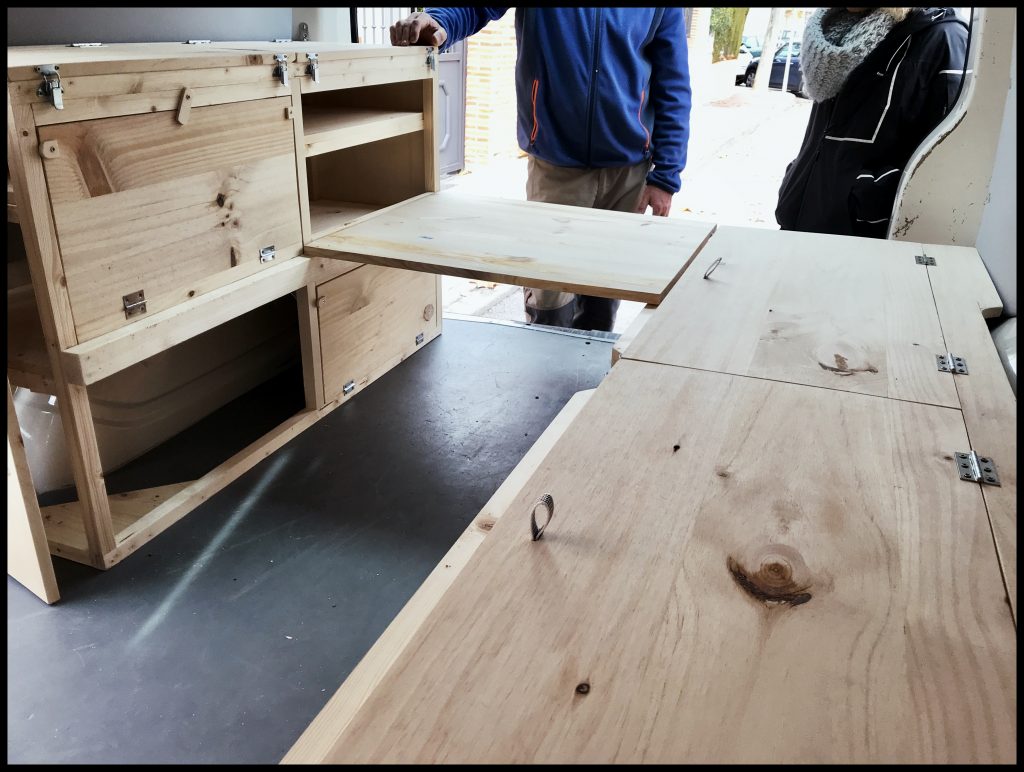Remember when we had a likable president? Those were the days, right? I voted for Obama, twice. And there were many things that the populace and media glossed over during his presidency. However, I never got the feeling the executive branch didn’t have a handle on things. Now, we have something else entirely. These last two years have been very strange.
Politics, right? Lots of people want to ignore it all. It’s exhausting. As we spent a few days in Galicia recently, the importance or pointlessness of politics came up in conversation. I vacillate between these points of view. Some days, I feel like ignoring it all, like many people do. If we paid less attention to these big egos who so desperately seek attention, wouldn’t things change?
Other days, I get a sense that the only real way to solve these big problems is through politics. It’s the twenty-first century and our industrialized society has left us with the responsibility of uniting to save our planet than at any other point of human history. I’m thinking an Independence Day scenario, where instead of aliens it’s CO2 emissions.
But if I internalize the second stance today, I need to throw my voice into the ether. Can we not elect another Barack Obama?
Branko Marcetic points out in his article for Jacobin about why Beto O’Rourke shouldn’t run for president:
If the Democratic Party ever wants to actually wield national power, instead of simply enacting change through easily repealable executive orders, then it has to win governorships, congressional seats, statehouses, and more all over the country.
We can’t just elect a young, telegenic American. There needs to be a reawakening to ideology and big ideas like a Green New Deal, Medicaid for All, and free tuition. Kate Aronoff’s article in the Intercept on what a Green New Deal would be like really encapsulates this vision.
So, Bernie? Honestly, I don’t know. He’s older, but there aren’t many potential Democratic candidates that are so single-mindedly focused on economic issues concerning the country.
The United States can sink or swim after the rampant corruption of the Trump presidency. Let’s get ourselves ready for the future.

